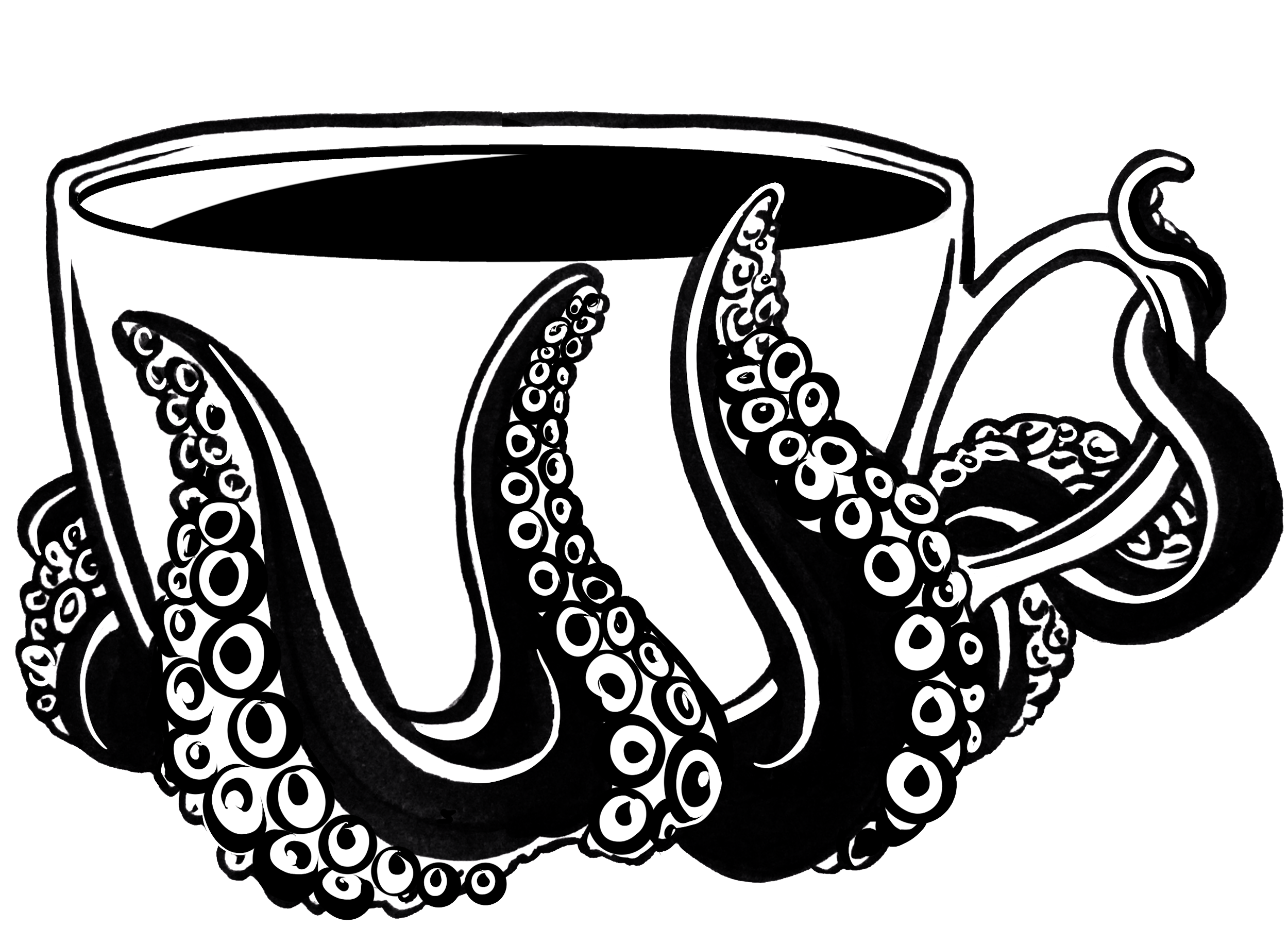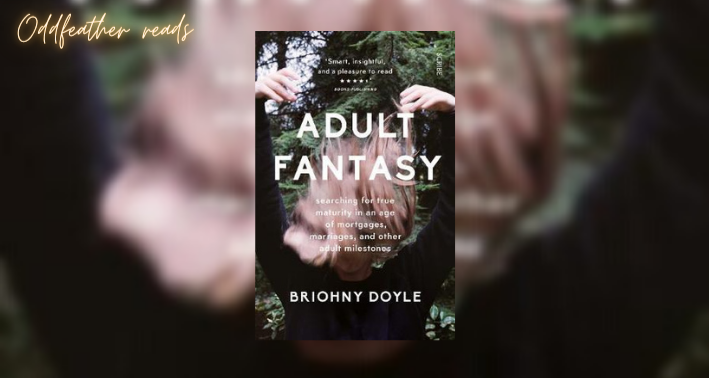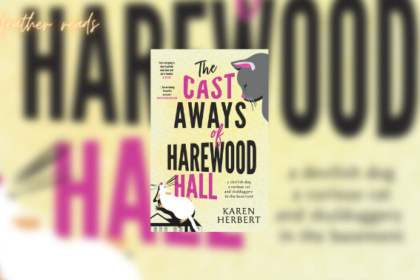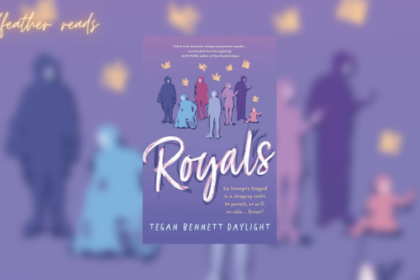Adult Fantasy: searching for true maturity in an age of mortgages, marriages, and other adult milestones by Briohny Doyle was the winner of the 2017 Text Nonfiction Prize. It’s an exploration of the meaning and attainment of adulthood for young people in a world that is very different from our parents’ and grandparents’ times, and is based on Doyle’s academic research and personal experience.
I’ve been meaning to buy and read this for years, and one day I came across a copy when I had a free afternoon, so I buckled down with some tea and biscuits and got reading. The fact that I finally got to reading it only a few months before my 30th birthday felt like less of a coincidence and more divine intervention. One of Doyle’s observations of leaving her twenties behind is that she obsessed about it right up until her birthday, then the occasion passed and suddenly it didn’t matter anymore. As someone who spent an entire year not being 29 years old but ‘NEARLY THIRTY!’, it was a relief to hear that this obsession with moving up a decade might only be temporary. It wasn’t until about a month before my birthday that I realised I wasn’t actually 30 yet; I was 29, which is its whole own number and should receive its due. Oh well.
Apart from a dissection of the number(s) ascribed to adulthood, Doyle writes about the coming of age markers that have been reshaped, interrogated and commodified to the point of almost meaninglessness, and what this then means for those people trying to become, in a word, an ‘adult’. She draws upon her own experiences and those witnessed at close hand, as well as academic research and studies into issues like the impossibility of home ownership, the internet and social media’s FOMO-inducing anxiety, and the fact that having children just isn’t a cool thing to do anymore because, basically, no one’s buying the urgency or romance of parenthood that was impressed upon previous generations.
In the end her conclusions are that age is just a number, that being an ‘adult’ means what you want it to mean, and that every stage of life comes with its own challenges and disappointments; no two generations have exactly the same experience, after all.
Although it is particularly relevant to millennials and twenty-somethings experiencing these issues right now (the pandemic notwithstanding), I would recommend this book to anyone who has witnessed the hypocrisy and inanity of inter-generational sledging, or experienced the very real and often dismissed issues of income and rights inequalities between generations. Or just to anyone wondering what coming-of-age is and how it’s measured, here and in other places, and what that can mean to one person just trying to get on with their life.
I was provided a free copy of this book by the publisher in return for an honest review.





